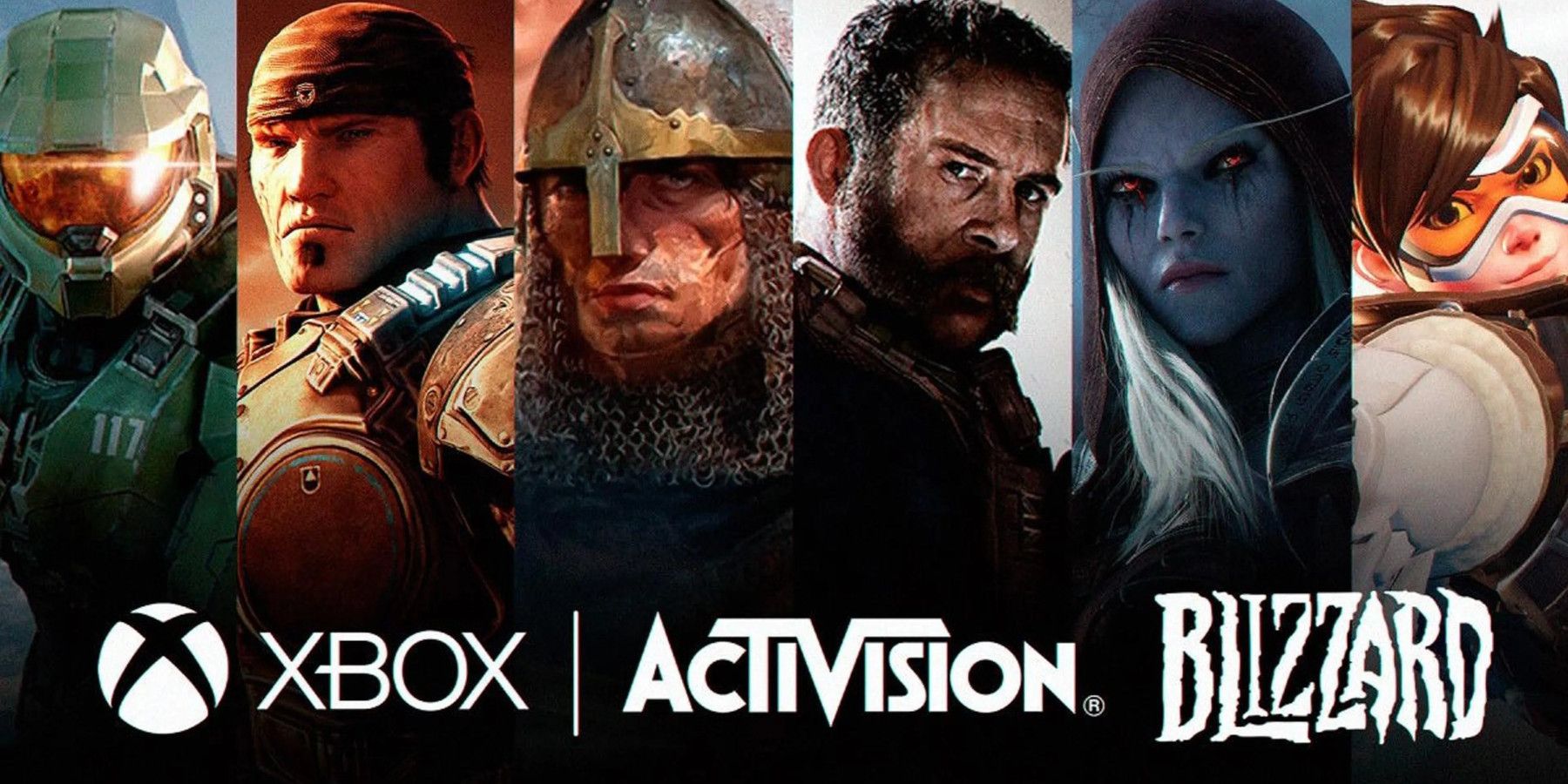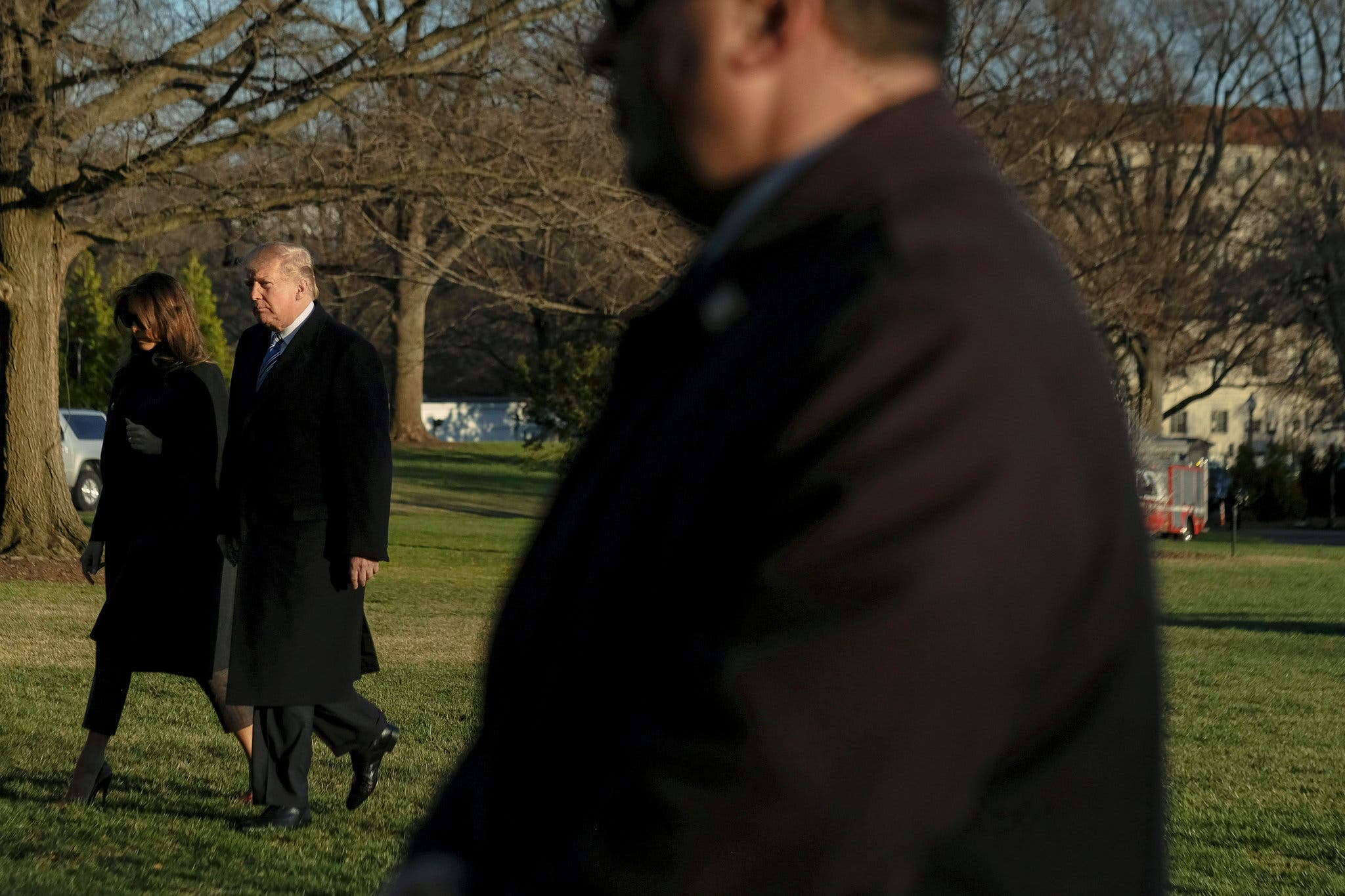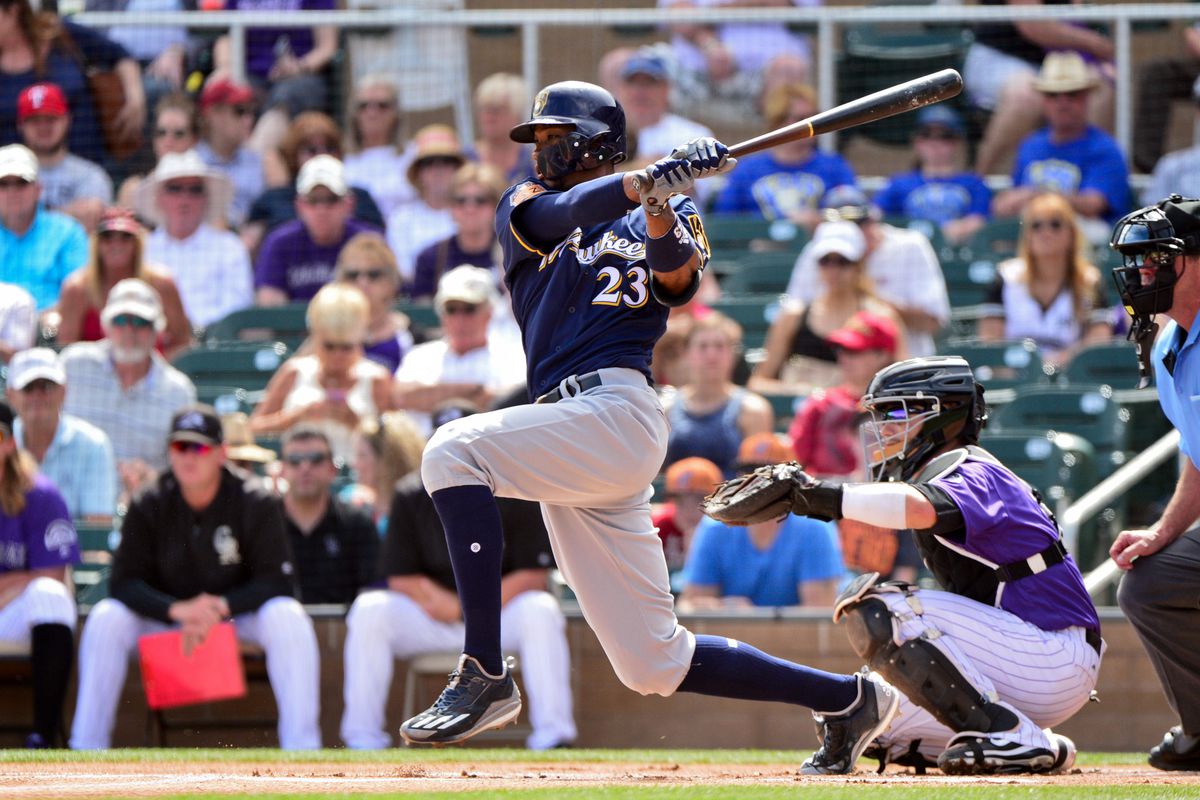FTC Appeals Activision Blizzard Acquisition Ruling: What's Next?

Table of Contents
The initial ruling allowed Microsoft to proceed with its acquisition, a deal valued at a staggering $69 billion. However, the FTC, concerned about potential anti-competitive practices, is challenging this decision. This article will delve into the FTC's appeal, analyze Microsoft's defense, explore potential outcomes, and assess the broader implications for the gaming industry and consumers.
The FTC's Arguments for Appeal
The FTC's core concern revolves around the potential for Microsoft to stifle competition by leveraging its control over Activision Blizzard's key franchises, primarily Call of Duty. The commission alleges several antitrust violations, arguing the merger would substantially lessen competition in the video game market.
- Reduced Competition: The FTC claims the acquisition would give Microsoft an unfair advantage, reducing competition and potentially harming consumers. This is particularly relevant regarding cloud gaming services and the potential for Microsoft to make Activision Blizzard games exclusive to its Xbox ecosystem.
- Market Dominance: The FTC argues the merger would increase Microsoft's already significant market share, leading to a less competitive market overall. They point to Microsoft's substantial presence in gaming consoles, PC gaming, and cloud gaming services.
- Impact on Pricing, Availability, and Innovation: The FTC expresses concern that Microsoft could raise prices, limit availability, or stifle innovation for Activision Blizzard's titles if they become exclusive to Xbox platforms or hindered on competing platforms.
The FTC's legal strategy centers around presenting evidence demonstrating the potential anti-competitive effects of the merger, relying heavily on economic models and expert testimony to support its claims.
Microsoft's Defense Strategy
Microsoft counters the FTC's claims, arguing that the acquisition will ultimately benefit consumers through increased competition and innovation. They maintain their commitment to keeping Call of Duty multiplatform, highlighting the importance of this franchise's broad appeal.
- Maintaining Call of Duty's Multiplatform Availability: Microsoft has repeatedly pledged to keep Call of Duty available on PlayStation and other platforms, emphasizing its intention to maintain its reach and avoid alienating a significant portion of the gaming community.
- Investment in Game Development and Cloud Gaming: Microsoft points to its substantial investments in game development and cloud gaming technologies as a sign of its commitment to fostering a competitive environment rather than stifling it. They highlight their intentions to bring more games to more platforms, including their own cloud gaming service.
- Concessions to Address FTC Concerns: To mitigate the FTC's concerns, Microsoft has offered various concessions, though the specifics remain largely confidential during the appeal process.
Microsoft's legal team, renowned for its expertise in antitrust law, is employing a robust defense strategy that aims to demonstrate the positive impact of the acquisition on the market.
Potential Outcomes of the Appeal
The FTC's appeal presents several potential outcomes:
- Appeal Success and Acquisition Overturn: The most significant outcome would be a successful appeal, resulting in the court overturning the acquisition and forcing Microsoft to divest Activision Blizzard.
- Settlement Between Microsoft and the FTC: The two parties could reach a settlement, potentially involving concessions from Microsoft to address the FTC's concerns and allow the acquisition to proceed under modified conditions.
- Ruling Upholding: The court could uphold the original ruling, allowing the Microsoft-Activision Blizzard merger to proceed without significant changes.
The appeal process is expected to last several months, potentially extending into the next year. Precedents set by past antitrust cases involving gaming mergers and acquisitions, such as the attempted acquisition of Zenimax by Microsoft, will play a key role in shaping the court's decision.
Impact on the Gaming Industry and Consumers
The outcome of the FTC's appeal will have far-reaching implications for the gaming industry and consumers:
- Game Prices, Availability, and Innovation: The decision could directly influence game prices, availability across various platforms, and the rate of innovation within the gaming market.
- Impact on Game Developers and Publishers: The ruling could affect how game developers and publishers structure future deals and consider potential acquisitions.
- Consumer Impact: Consumers could experience changes in game pricing, access to specific titles, and the overall competitive landscape of the gaming market.
The long-term implications for future mergers and acquisitions in the gaming industry are significant. A successful FTC appeal would establish a precedent for stricter scrutiny of major mergers in the sector, potentially impacting future deals.
Conclusion: FTC Appeals Activision Blizzard Acquisition Ruling: What Now?
This "FTC Appeals Activision Blizzard Acquisition Ruling" highlights a critical clash between a tech giant's expansion ambitions and regulatory efforts to maintain a competitive market. The FTC presents strong arguments regarding reduced competition and potential market dominance, while Microsoft counters with its commitment to multiplatform availability and investment in innovation. The potential outcomes—a successful appeal, a settlement, or upholding the initial ruling—will each have profound effects on the gaming landscape and set a precedent for future antitrust cases. It's crucial to stay informed about the developments of this case. Share your thoughts on this critical issue and continue following updates on this ongoing legal battle! Further reading on antitrust law and gaming industry news can provide a more comprehensive understanding of the complexities involved.

Featured Posts
-
 Tariff Worries Prompt Meeting Between Trump And Retail Giants Walmart And Target
Apr 23, 2025
Tariff Worries Prompt Meeting Between Trump And Retail Giants Walmart And Target
Apr 23, 2025 -
 Parental Notification For Lgbtq Resources In Elementary Schools Supreme Court Case
Apr 23, 2025
Parental Notification For Lgbtq Resources In Elementary Schools Supreme Court Case
Apr 23, 2025 -
 Ramalan Pernikahan Kecocokan Weton Senin Legi Dan Rabu Pon
Apr 23, 2025
Ramalan Pernikahan Kecocokan Weton Senin Legi Dan Rabu Pon
Apr 23, 2025 -
 Kansas City Royals Suffer Walk Off Defeat Against Brewers
Apr 23, 2025
Kansas City Royals Suffer Walk Off Defeat Against Brewers
Apr 23, 2025 -
 The Transformative Power Of Ai In Wildlife Conservation
Apr 23, 2025
The Transformative Power Of Ai In Wildlife Conservation
Apr 23, 2025
